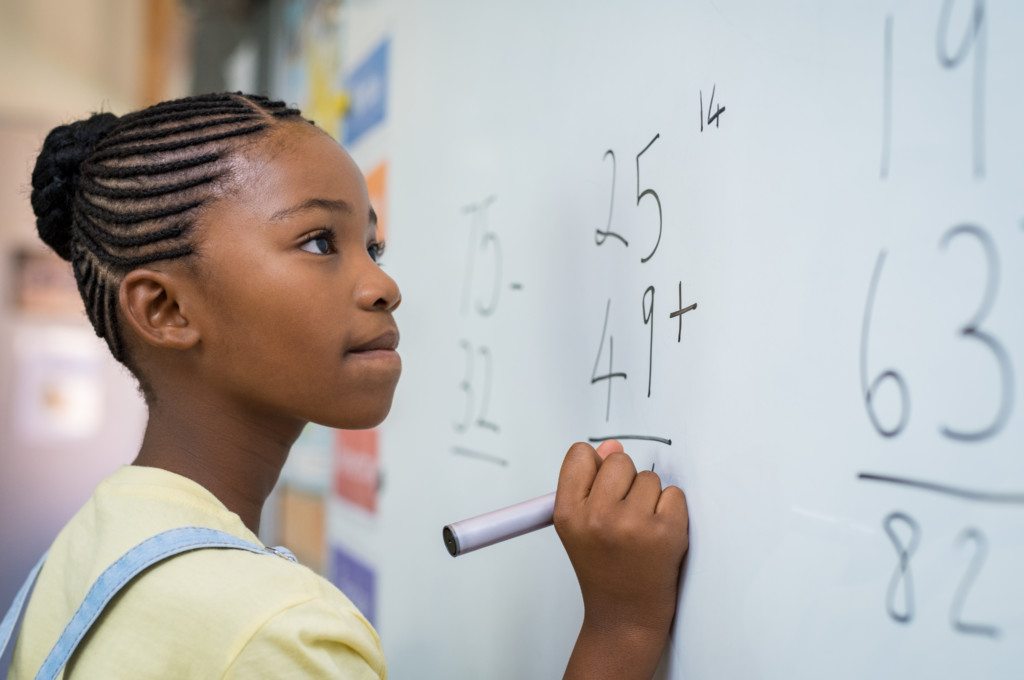 Editor’s note: This opinion piece from Tim Benson, a policy analyst in the government relations department at The Heartland Institute, appeared Friday on the institute’s website. It describes Senate Bill 48, which cleared its last committee in March. A companion bill in the House, House Bill 7045, won approval from the House Appropriations Committee last week and is headed for a floor vote.
Editor’s note: This opinion piece from Tim Benson, a policy analyst in the government relations department at The Heartland Institute, appeared Friday on the institute’s website. It describes Senate Bill 48, which cleared its last committee in March. A companion bill in the House, House Bill 7045, won approval from the House Appropriations Committee last week and is headed for a floor vote.
An education bill making its way through the Florida Senate would, among other things, streamline the state’s five education choice programs by combining them into two education savings account programs.
The Florida Tax Credit Scholarship Program and Hope Scholarship Program for bullied students would be merged into the Family Empowerment Scholarship Program, which would then transition to an education savings account program. While the Tax Credit Scholarship and the Hope Scholarship were previously funded via tax credits through private donors, the new combined Family Empowerment Program were entirely be funded out of state coffers.
Eligibility for participation in the program would be increased to families with household incomes up to 300% above the federal poverty level.
Meanwhile, the Gardiner Scholarship Program and the John M. McKay Scholarship Program for students with disabilities would be merged into the McKay-Gardiner Scholarship Program.
Turning the non-education savings account programs into education savings accounts will also make available more education options that parents can use to customize and tailor to meet the unique needs of each individual child.
Florida’s choice programs have been a great success for participating students. A 2019 study from the Urban Institute, expanding on previous research, found Tax Credit Scholarship students participating in the program for at least four years are 43% more likely to enroll in a four-year college and 20% more likely to graduate than their public school peers.
A March 2021 study from the School Choice Demonstration Project at the University of Arkansas also showed that low-income students and students with disabilities had “had demonstrated dramatic [academic] gains compared to their similarly-disadvantaged peers nationally” due to the state’s education choice programs.
To continue reading, click here.